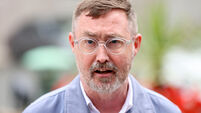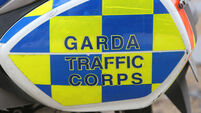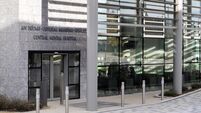Triple inflation shock as fuel and groceries surge in price — and home loans are set to follow suit
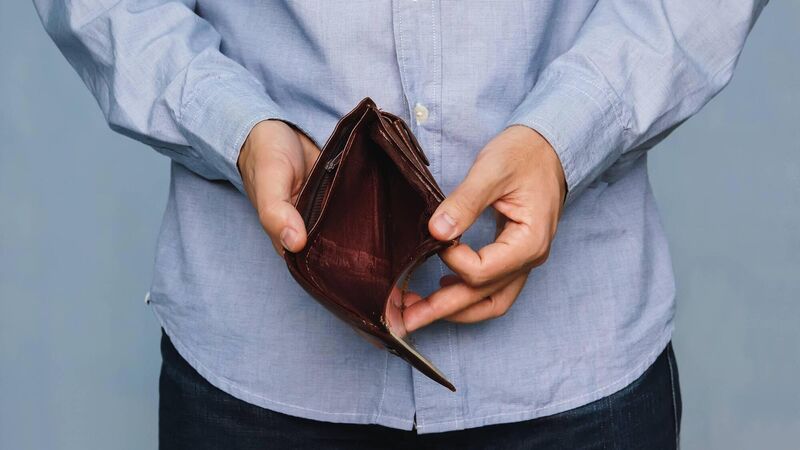
Irish consumers have been hit by spiralling fuel and grocery prices, and now the ECB has signalled an about-turn in its outlook on inflation, and is expected to start raising interest rates later this year. File picture
Consumers have been hit with three further cost hikes as petrol and diesel hit 30-year highs and grocery prices rose again, as well as the spectre of two potential interest rate increases before the end of the year.
The spiralling cost of living is a very real problem for the Government as it draws up a range of measures to ease the impact on struggling households amid warnings that things could get worse before they get better.
There is still no sign of respite for hard-hit motorists, with the cost of filling a car now at its highest level since the AA first began surveying fuel prices in 1991 and pump prices creeping closer to the €2 per litre mark.
The trend is the same in supermarket aisles, with the latest survey from Kantar showing grocery prices across 30,000 items rising by an annual rate of 1.7% — the fastest increase seen since October 2020.
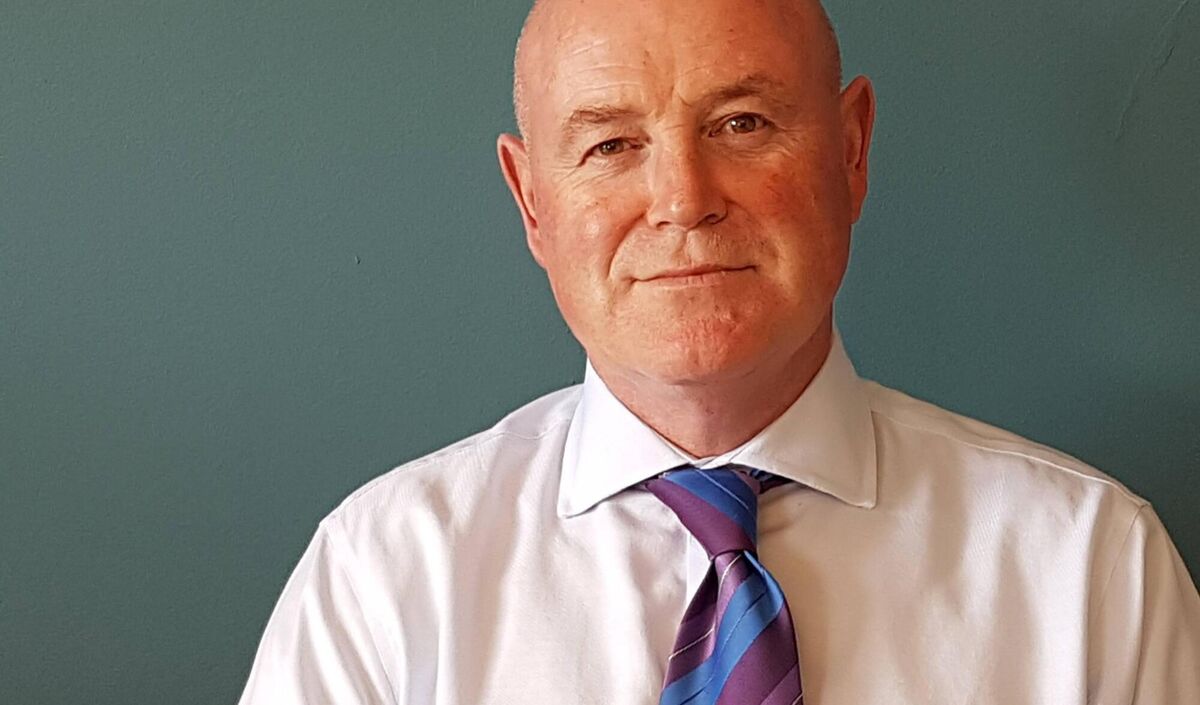
Adding to consumer woes is the prospect of two interest rate increases this year, according to senior broker Michael Dowling, which would hit hundreds of thousands of homeowners.
A single increase of a quarter of a point adds about €40 to the monthly interest bill on a mortgage of €300,000, said Mr Dowling, adding that if the ECB was to start increasing rates, it would likely follow through with more rate hikes, as has been the case for the Bank of England.
The Cabinet is to meet today, but specific measures to tackle prices are unlikely until further meetings on Thursday. At that meeting, ministers will thrash out details of a one-off €100 payment to the most vulnerable households as well moves to cut certain tax thresholds or the waiving of some health-related fees.
However, ministers, including Finance Minister Paschal Donohoe, are said to be “sensitive” about the need to balance any spending proposals amid fears that the public may expect a budget-style announcement.
“We have to manage expectations,” a source said.
To that end, Taoiseach Micheál Martin has definitively ruled out the prospect of delaying carbon tax hikes, echoing remarks made by Mr Donohoe to the that such a step was essential to meet our emissions goals in the coming years.
“The priority right now is to see can we bring in a range of measures that would cushion the blow for many, many people out there who clearly are feeling the impact of price rises,” said Mr Martin.
In some small relief to hard-pressed consumers, the Cabinet will today announce plans for the biggest ever home insulation scheme in the history of the State. Grants of up to €25,000 are to be offered to help to retrofit and insulate homes to tackle energy prices and fight the climate emergency.
However, it is understood homeowners will be asked to pay upfront for the costs in at least some of the schemes.
Meanwhile, Ireland’s competition watchdog, the Competition and Consumer Protection Commission (CCPC) said it will not issue fines or take court action against seven motor insurance companies which allegedly co-operated in anti-competitive behaviour that increased premiums for consumers.
The alleged anti-competitive co-operation, called ‘price signalling’, consisted of public announcements of future private motor insurance premium rises as well as other contacts between competitors.
AA Ireland, AIG, Allianz, Axa, Aviva, FBD, and Brokers Ireland (formerly the Irish Brokers Association) all disagreed with the findings.
Six of the firms have signed up to legal commitments to maintain an appropriate competition law compliance programme. Brokers Ireland refused to sign up and have rejected the findings of the report.



